Ever try to see the Roman Egypt from an Egyptian Perspective? Or the Roman Egypt from the Roman Empire Perspective? This article discusses the Roman conquest of Egypt from both Roman and Egyptian perspectives, highlighting the strategic motivations behind Rome’s expansion and the cultural implications for Egypt.
It explores the allure of Egypt’s wealth and resources, the path to conquest through political alliances and military victories, the challenges of integrating Egypt into the Roman Empire, and the long-term effects of this historical event on both civilizations.
Roman Egypt – Roman Perspective
In the annals of history, the Roman conquest of Egypt stands as a testament to the empire’s insatiable hunger for expansion and its strategic acumen. From the bustling streets of Rome to the fertile banks of the Nile, this acquisition was not just about territorial gain; it was about securing one of the ancient world’s most prosperous regions. But what drove Rome to set its sights on Egypt, and how did this conquest shape the empire’s destiny? Let’s journey back in time and view this monumental event from a Roman vantage point.
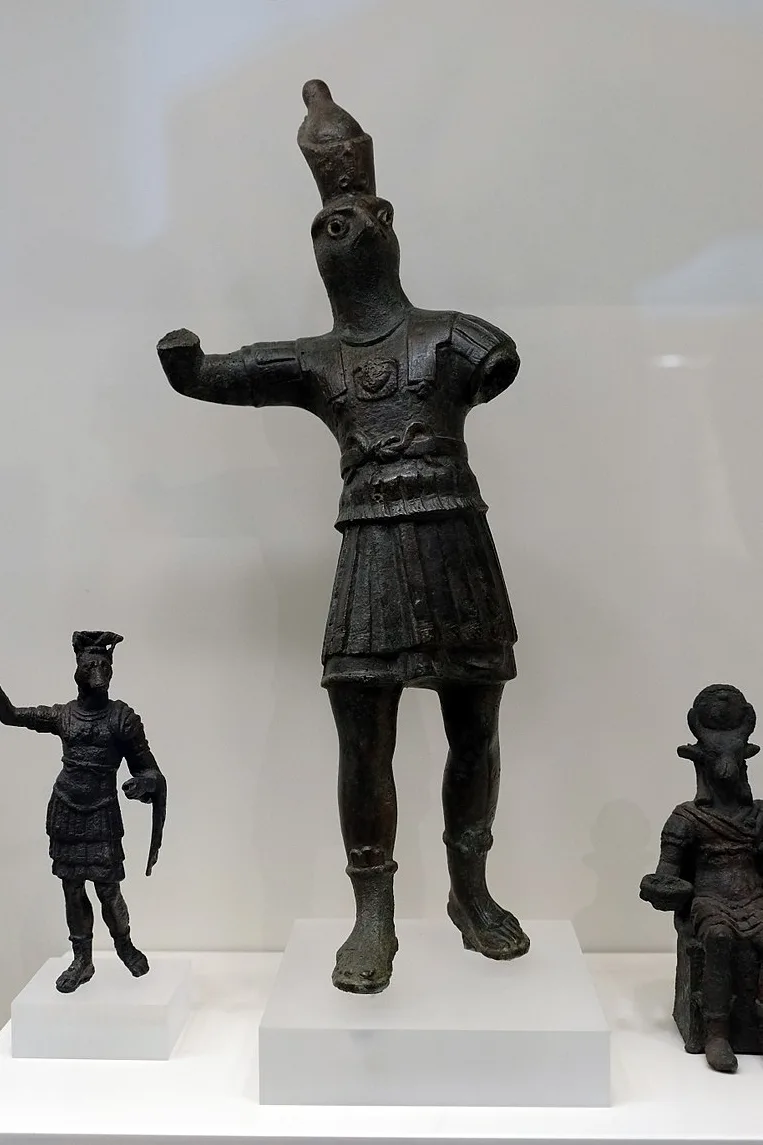
The Allure of Egypt
For centuries, Egypt had been a beacon of wealth and innovation. Its fertile lands, nourished by the life-giving Nile, produced abundant grain, ensuring that its people never went hungry. Moreover, the country was rich in precious resources like papyrus, used for writing, and exotic goods that were highly sought after in the Roman market.
From a Roman perspective, Egypt was a jewel waiting to be claimed. The empire, always on the lookout for new territories to fuel its ever-growing populace and economy, saw in Egypt an opportunity to bolster its coffers and ensure a steady supply of grain for its citizens.
The Path to Conquest
The journey to Egypt’s conquest was not straightforward. The Ptolemaic dynasty, which had ruled Egypt for nearly three centuries, was in decline. Civil unrest, coupled with internal power struggles, had weakened its grip. Rome, ever the opportunist, saw a chance to intervene.
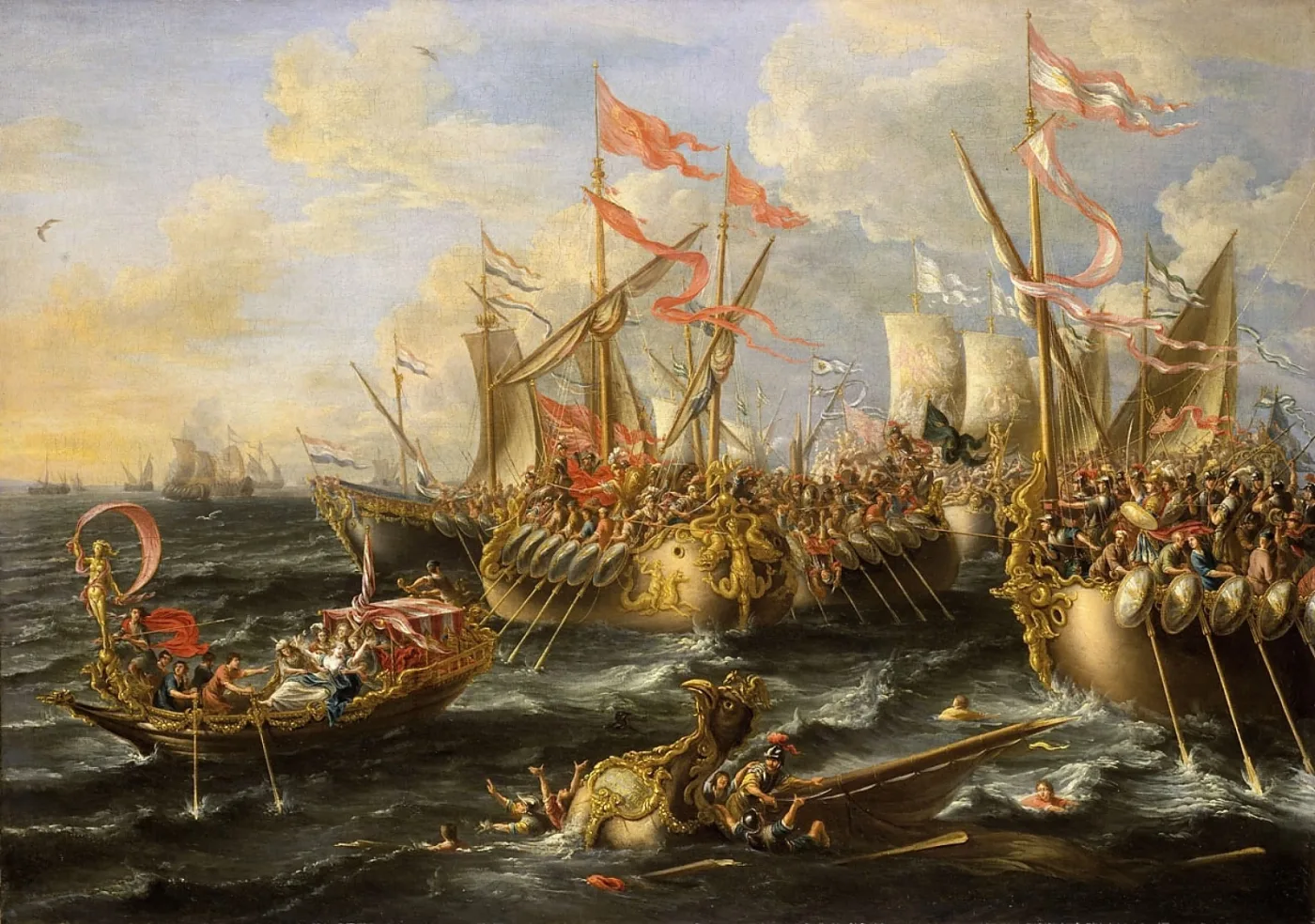
Julius Caesar’s involvement with Cleopatra, the last Pharaoh of Egypt, is well-documented. Their alliance, both personal and political, paved the way for Rome’s deeper involvement in Egyptian affairs. However, it was Octavian (later known as Augustus) who would eventually bring Egypt under Roman control. After defeating Mark Antony and Cleopatra at the Battle of Actium in 31 BCE, Octavian swiftly annexed Egypt, making it a province of the Roman Empire.
Challenges of Integration
Acquiring Egypt was one thing; integrating it into the vast Roman Empire was another. The cultural, religious, and administrative differences between the two civilizations posed significant challenges.
The Egyptians had a deep-rooted belief system, with gods and rituals that were alien to the Romans. While Rome was known for its policy of religious tolerance, ensuring a smooth fusion of beliefs required tact and understanding. The Romans, in their wisdom, allowed the Egyptians to continue practicing their religion, even incorporating some of their deities into the Roman pantheon.
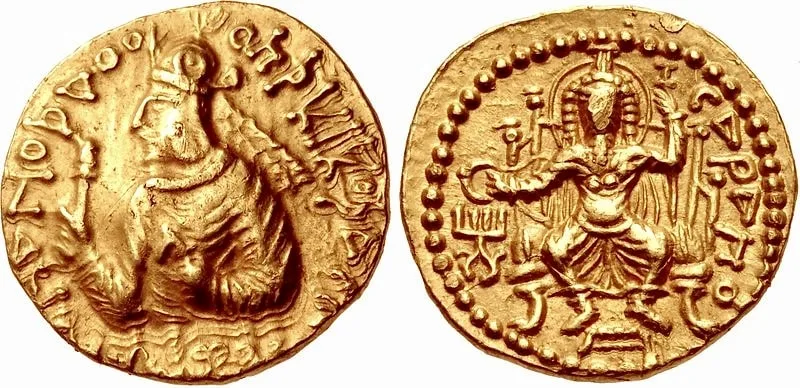
Administratively, the Romans introduced their efficient system of governance, ensuring that taxes were collected and law and order maintained. However, they also recognized the value of local knowledge. Many Egyptian officials were retained in their positions, acting as intermediaries between the local populace and their new Roman overlords.
Reaping the Rewards
The benefits of the conquest were manifold. Egypt’s vast grain reserves ensured that Rome would never face food shortages. The wealth from taxes and trade bolstered the Roman economy, funding further military campaigns and monumental architectural projects.
Furthermore, the acquisition of Egypt solidified Rome’s dominance in the Mediterranean. With this wealthy province under its belt, the empire had an unmatched strategic advantage, controlling key trade routes and ensuring its continued prosperity.
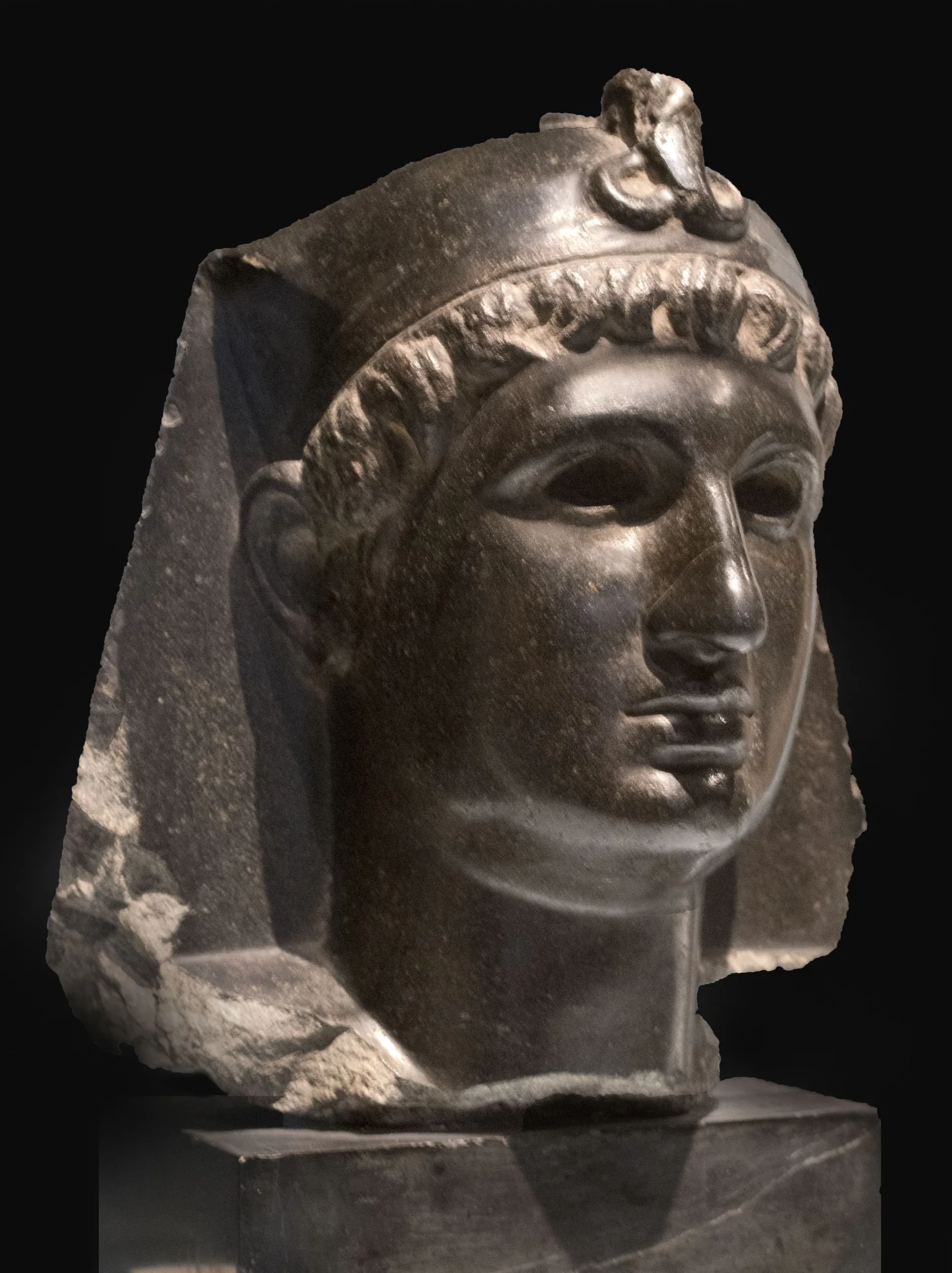
Conclusion
The Roman conquest of Egypt was not just a military victory; it was a masterclass in strategic planning, diplomacy, and integration. By recognizing the value of Egypt’s resources and its people, Rome ensured a harmonious union that would benefit both parties for centuries to come.
From the bustling markets of Alexandria to the grandeur of Roman coliseums, the melding of these two great civilizations created a legacy that still resonates today. For those who delve into the pages of history, the Roman perspective on the conquest of Egypt offers a fascinating insight into the empire’s vision, challenges, and the rewards of its expansionist endeavors.
Roman Egypt – Egyptian Perspective
The land of the Pharaohs, with its golden sands and the life-giving Nile, had long been a realm of splendor and mystique. For millennia, Egypt stood as a beacon of civilization, its Pharaohs ruling with divine authority. Yet, as the sands of time shifted, so too did the fate of this ancient land. The Roman conquest of Egypt marked the end of native Pharaonic rule, a seismic shift that would forever alter the course of Egyptian history. Let us journey through this transformative period, viewing it through the eyes of the very people who lived it: the Egyptians.
The Ptolemaic Era
Before we delve into the Roman conquest, it’s essential to understand the backdrop against which this drama unfolded. The Ptolemaic dynasty, established by one of Alexander the Great’s generals, Ptolemy I, had been in power for nearly three centuries. While they adopted Egyptian customs and presented themselves as Pharaohs, they were of Macedonian-Greek descent. This era was marked by a fusion of Hellenistic and Egyptian cultures, yet the heart of Egypt yearned for a return to its indigenous rulers.
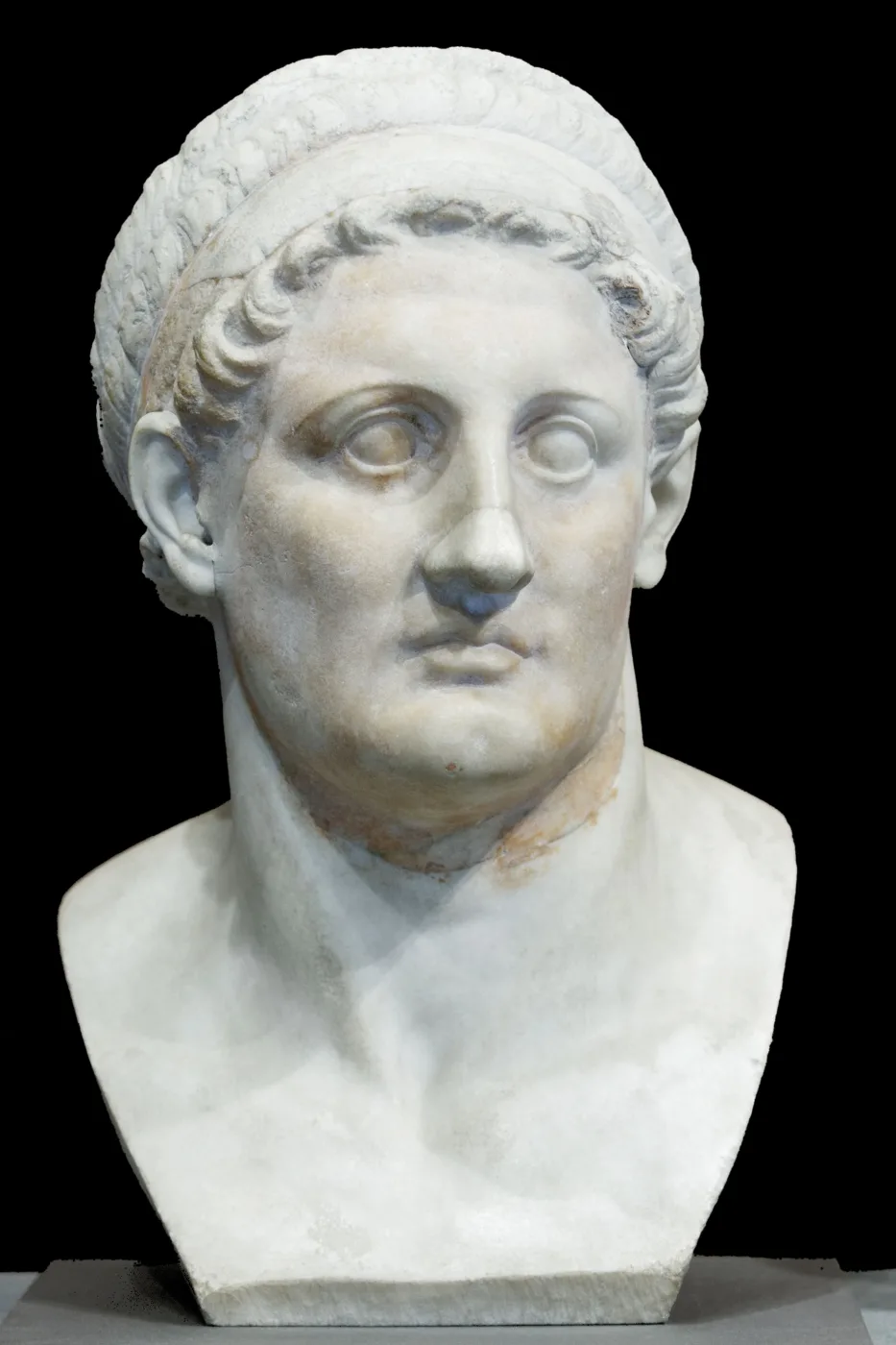
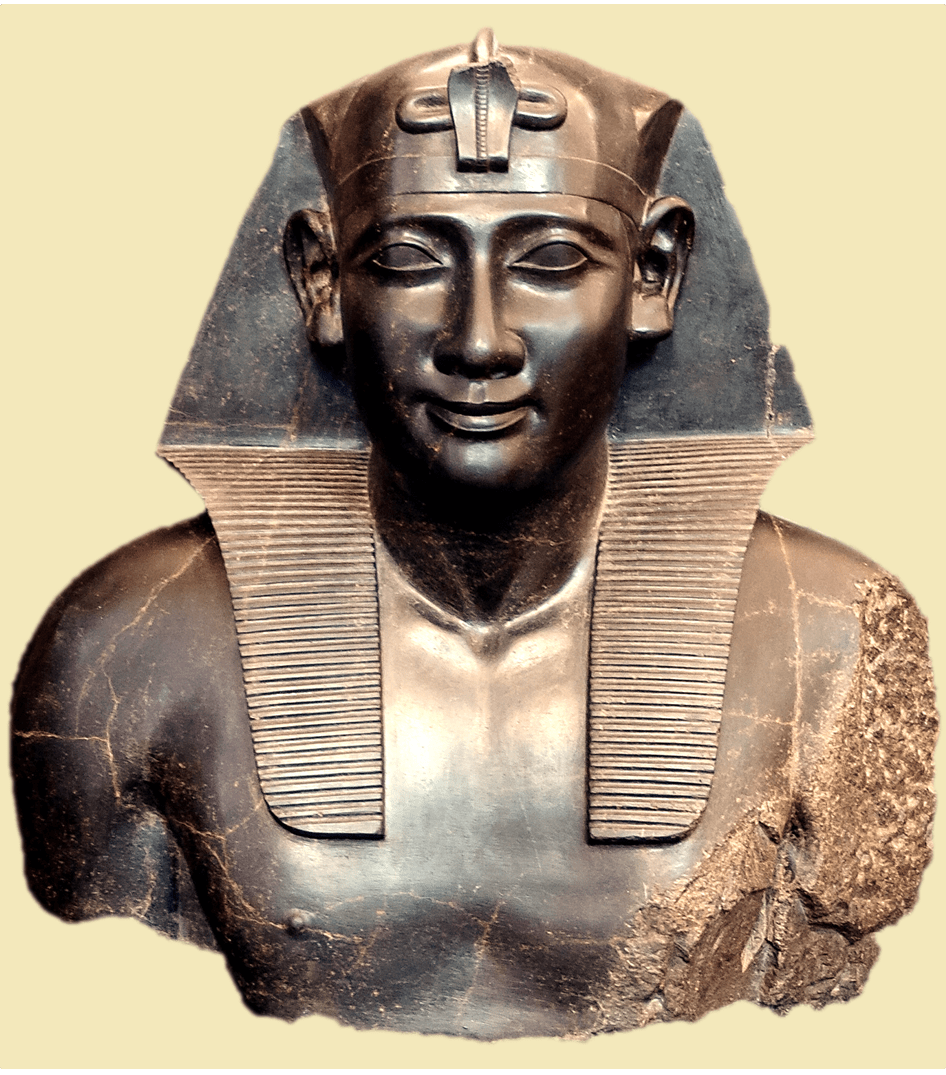
Roman Shadow Looms
Rome’s interest in Egypt was no secret. The empire’s insatiable appetite for expansion and its strategic interests in the Mediterranean made Egypt a tantalizing prospect. For Egyptians, the Roman presence was initially felt through diplomatic and trade ties. However, as the Ptolemaic dynasty waned, plagued by internal strife and weakened authority, Rome’s shadow grew more pronounced.
The alliance between Julius Caesar and Cleopatra, the last Pharaoh, was a double-edged sword. While it brought temporary stability and repelled immediate threats, it also entangled Egypt in the vast web of Roman politics. The subsequent events, culminating in the Battle of Actium and the tragic end of both Mark Antony and Cleopatra, sealed Egypt’s fate.
End of an Era
With Cleopatra’s demise and Octavian’s (later Augustus) victory, Egypt was annexed as a province of the Roman Empire. For many Egyptians, this was a period of profound uncertainty. The end of native Pharaonic rule, a tradition that had lasted for over three millennia, was a bitter pill to swallow.
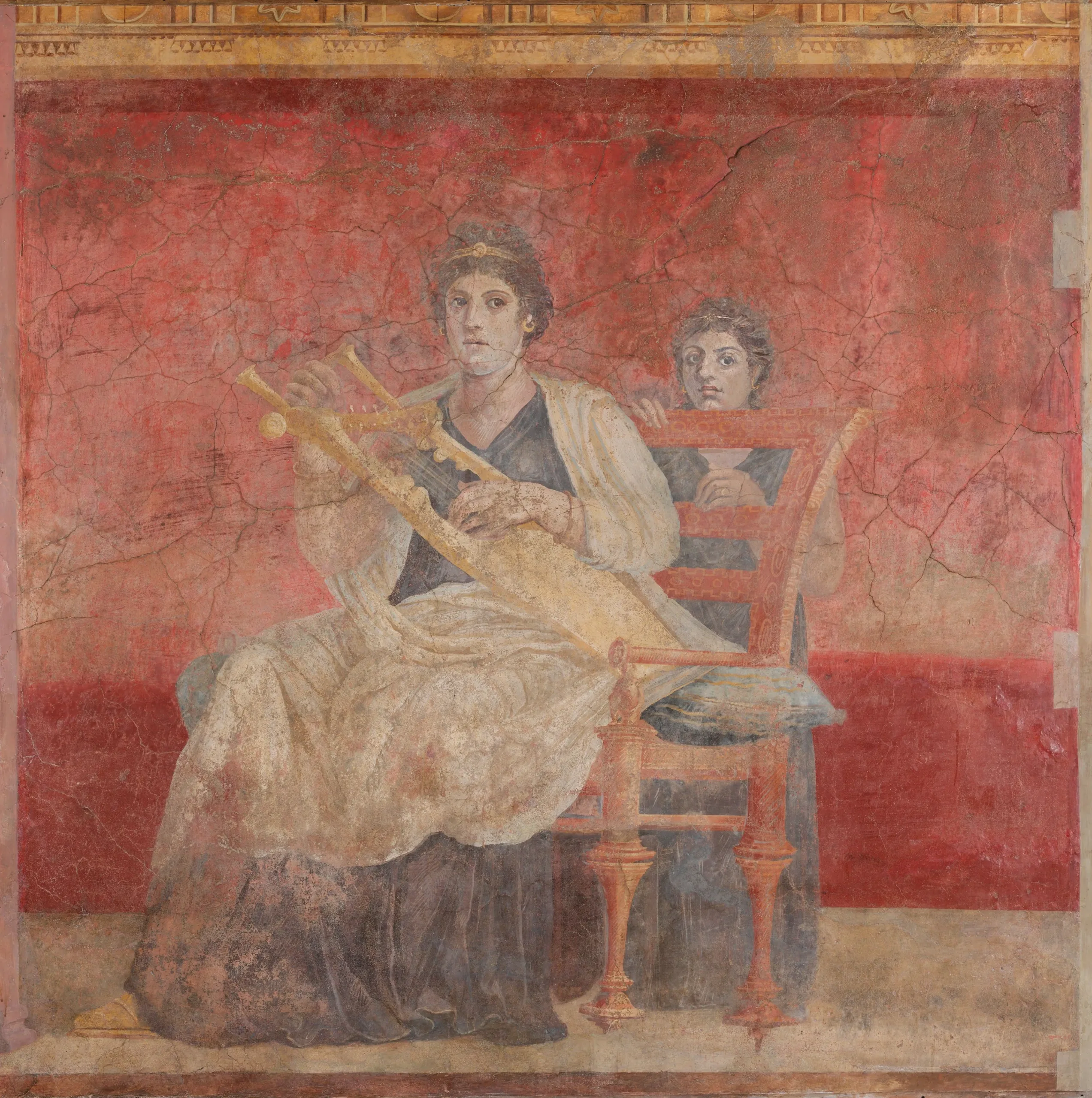
The immediate changes were palpable. Roman legions patrolled the streets, and Roman administrators took charge of the bureaucracy. The Egyptian priesthood, once a dominant force, saw its influence wane as Roman religious practices gained prominence.
Adapting to a New Reality
Yet, amidst these challenges, the Egyptian spirit proved resilient. While the administrative and military apparatus was Romanized, the cultural heart of Egypt remained intact. The Egyptians, known for their adaptability, began to find ways to coexist with their new rulers.
The Romans, for their part, recognized the value of Egypt’s rich history and traditions. They were keen to tap into the vast reservoir of knowledge that Egyptian scholars and priests possessed. The city of Alexandria, with its legendary library, continued to be a hub of learning and culture.
Moreover, the Romans adopted and integrated several Egyptian deities into their pantheon. The cult of Isis, an ancient Egyptian goddess, found followers as far away as Britain. This cultural exchange, while born out of conquest, became a testament to the enduring legacy of Egyptian civilization.
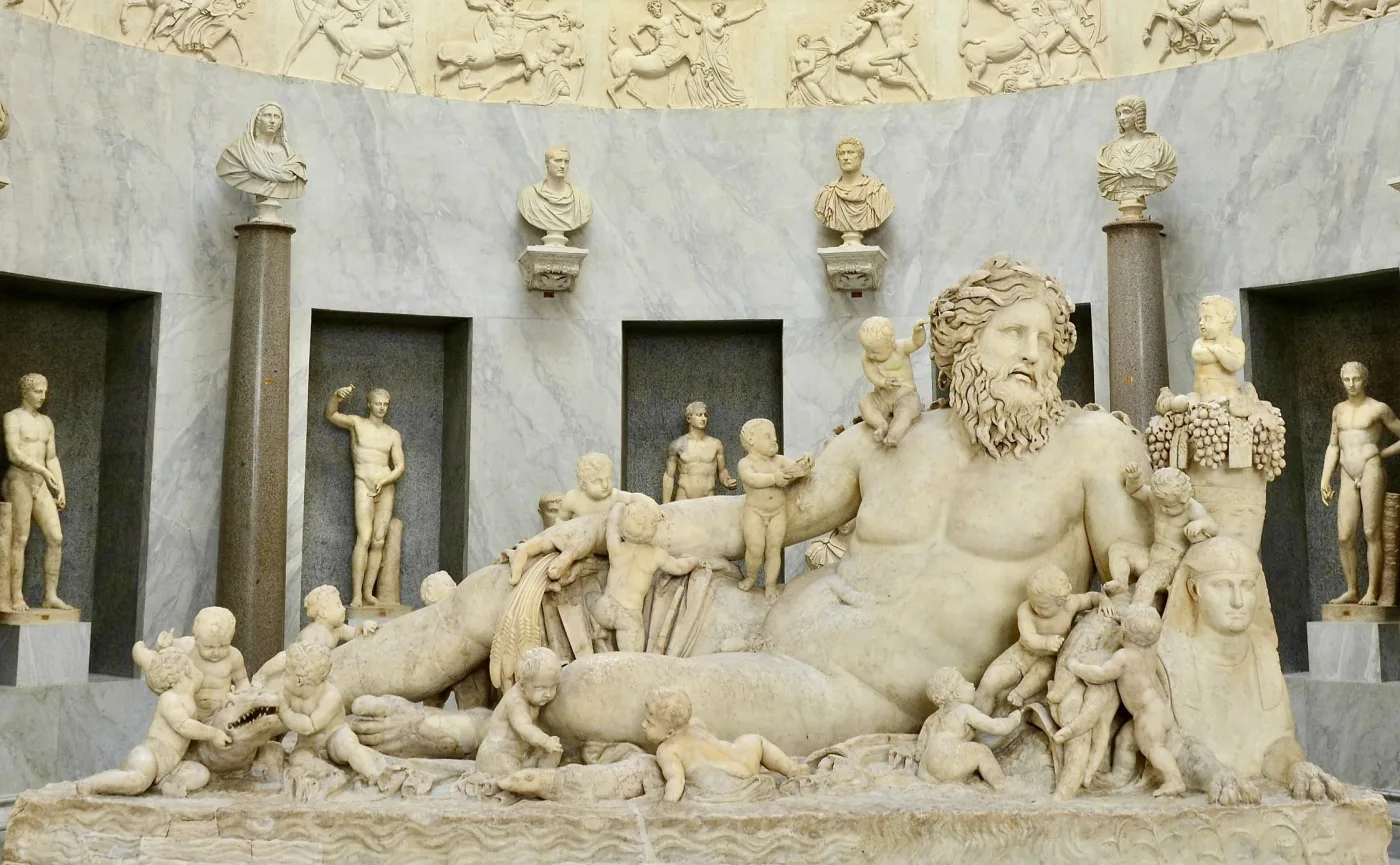
Reflections on a Bygone Age
The Roman conquest of Egypt was undeniably a turning point. The end of native Pharaonic rule marked the close of a chapter that had spanned thousands of years. Yet, in its aftermath, Egypt did not fade into obscurity. Instead, it reinvented itself, merging its ancient traditions with the new Roman order.
Gaius Cornelius Gallus
Amidst the grand tales of Julius Caesar, Cleopatra, and Augustus, the story of Gaius Cornelius Gallus often remains in the shadows. Yet, his role in the aftermath of the Roman conquest of Egypt was pivotal, and his rise and fall serve as a cautionary tale of ambition and politics in ancient Rome.
The First Prefect of Egypt
After the tragic demise of Cleopatra and Mark Antony, and with Egypt now under Roman control, someone had to govern this newly acquired province. Enter Gaius Cornelius Gallus, appointed by Augustus as the first Roman Prefect of Egypt in 30 BCE. Entrusted with immense power, Gallus was responsible for maintaining order, overseeing the vast Egyptian bureaucracy, and ensuring the steady flow of grain to Rome.
Achievements and Arrogance
Gallus was undeniably competent. He swiftly quelled revolts, secured the southern border against threats, and ensured that the transition from Ptolemaic to Roman rule was relatively smooth. He even commemorated his victories by erecting the “Stela of C. Cornelius Gallus” at Philae, detailing his achievements.
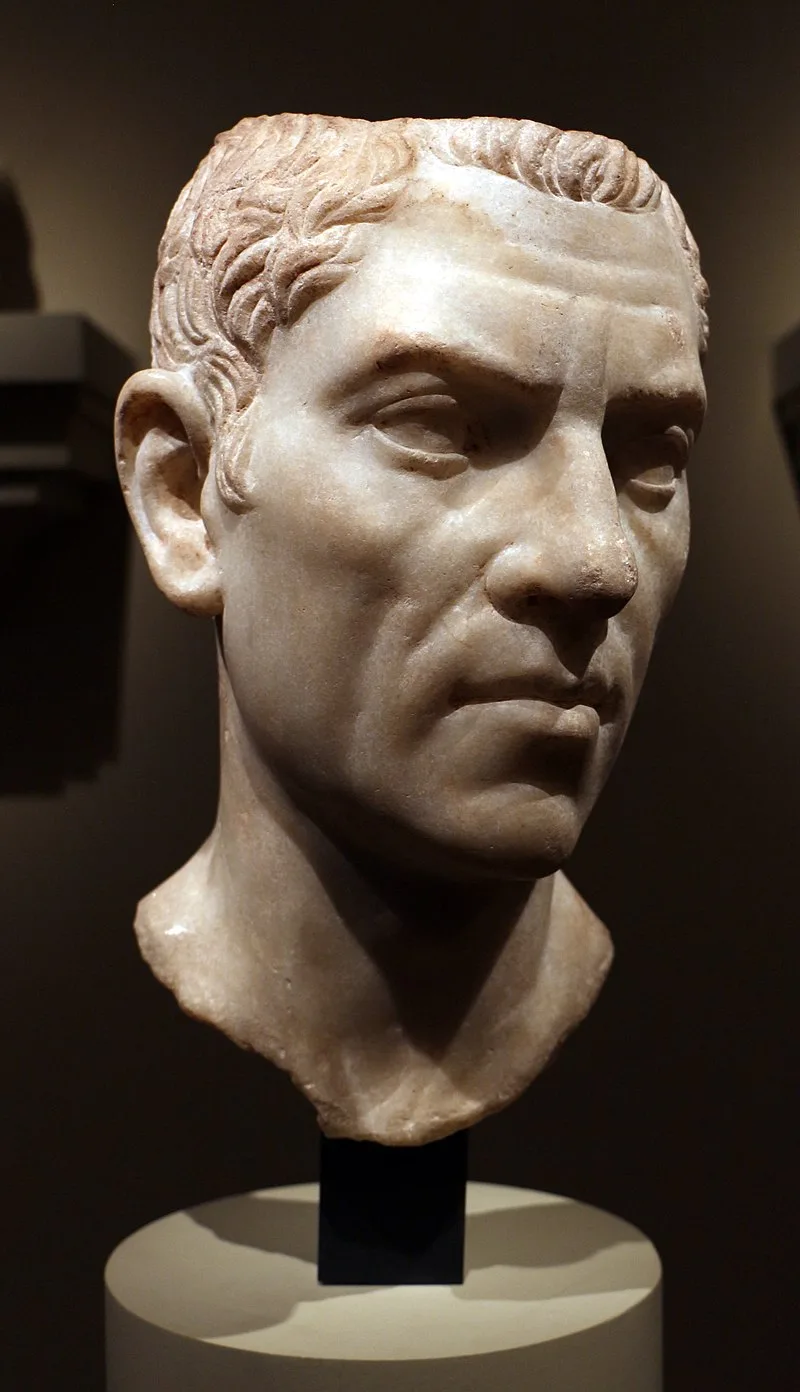
However, success bred arrogance. Gallus began to flaunt his achievements a bit too ostentatiously for Rome’s liking. He minted coins bearing his image, a privilege usually reserved for the Emperor. His self-promotion and increasing autonomy didn’t sit well with Augustus.
The Downfall
Gallus’ hubris was his undoing. Reports of his excessive pride and misuse of power reached Rome, and Augustus, feeling that Gallus was becoming a threat, recalled him. In 26 BCE, Gallus was arrested and tried for treason. The exact details of the charges remain a matter of historical debate, but the outcome was clear: Gallus was convicted. Stripped of his honors and in utter disgrace, he committed suicide.
The Egyptian Scholar in a Roman World
In the grand tapestry of the Roman conquest of Egypt, the narratives of great leaders and epic battles often overshadow the stories of individuals who lived through these transformative times. One such figure is Chaeremon of Alexandria, an Egyptian scholar whose life offers a unique window into the cultural and intellectual milieu of Egypt under Roman rule.
The Scholar of Alexandria
Chaeremon was an esteemed scholar and grammarian from Alexandria, the vibrant heart of learning in the ancient world. He lived during the early years of Roman Egypt, a period marked by the mingling of Egyptian traditions with Roman administrative and cultural practices.
Chaeremon’s reputation as a learned man reached the ears of the Roman elite. Around 49 CE, he was summoned to Rome by Emperor Nero to serve as a tutor in literature and grammar. This was a testament to the respect Roman leaders had for Egyptian scholarship, even as they governed the land as conquerors.
Writings on Egyptian Mysticism
While in Rome, Chaeremon wrote extensively on Egyptian religion and mysticism, attempting to bridge the gap between Egyptian and Roman spiritual beliefs. His works, now mostly lost, delved into the esoteric practices of Egyptian priests, the hieroglyphic script, and the mysteries of the Egyptian pantheon.
However, Chaeremon’s writings were not mere scholarly expositions. They were colored by his own interpretations and often presented Egyptian beliefs in a manner palatable to Roman sensibilities. This syncretic approach made him a key figure in the Roman understanding of Egyptian culture and spirituality.
The Legacy of Chaeremon
Though much of his work has been lost to the sands of time, Chaeremon’s legacy endures as a symbol of the cultural exchange between Rome and Egypt. He stands as a testament to the resilience of Egyptian intellectual traditions, even in the face of Roman dominance.
How do you think the Roman Empire would have been without Egypt’s wealth🤔? Share your thoughts with us in the comment section down below ↓
Want more of → Perspectives ←
FAQ
1. How did the Roman Conquest of Egypt influence the architectural landscape of the region?
The Roman conquest brought with it a distinct architectural style that began to merge with Egypt’s traditional designs. In cities like Alexandria, Roman-style amphitheaters, basilicas, and baths began to appear. However, the Romans also appreciated and preserved Egyptian architectural marvels, often integrating obelisks and other Egyptian monuments into their own constructions. This blend created a unique architectural fusion that can still be observed in the ruins today.
2. How did the Roman Conquest affect the daily lives of ordinary Egyptians?
The daily lives of ordinary Egyptians underwent significant changes. While the elite in cities like Alexandria might have experienced increased Roman cultural influences, farmers in the Nile Delta saw changes in land ownership and taxation systems. The Roman demand for grain meant intensified agricultural production. Additionally, the introduction of Roman law influenced societal norms and legal proceedings.
3. Were there any significant revolts or resistance movements against Roman rule in Egypt?
Yes, there were instances of resistance against Roman rule. One notable revolt occurred in 139 CE under Emperor Hadrian’s reign. Triggered by religious tensions and heavy taxation, this revolt, though less known than the Jewish revolts, was significant and took the Romans several years to suppress.
4. How did the Roman conquest impact trade and commerce in Egypt?
The Roman conquest significantly boosted trade and commerce in Egypt. With the Nile acting as a major trade artery and Alexandria being a prominent port city, Egypt became a central hub in the Roman trade network. Goods from India, Arabia, and other parts of Africa flowed through Egypt, making it a pivotal commercial center in the Roman Empire.
i think he was just a crazy guy, a victim of his childhood and enviroment
super interesting 🤔
Loved this article, learned a lot!

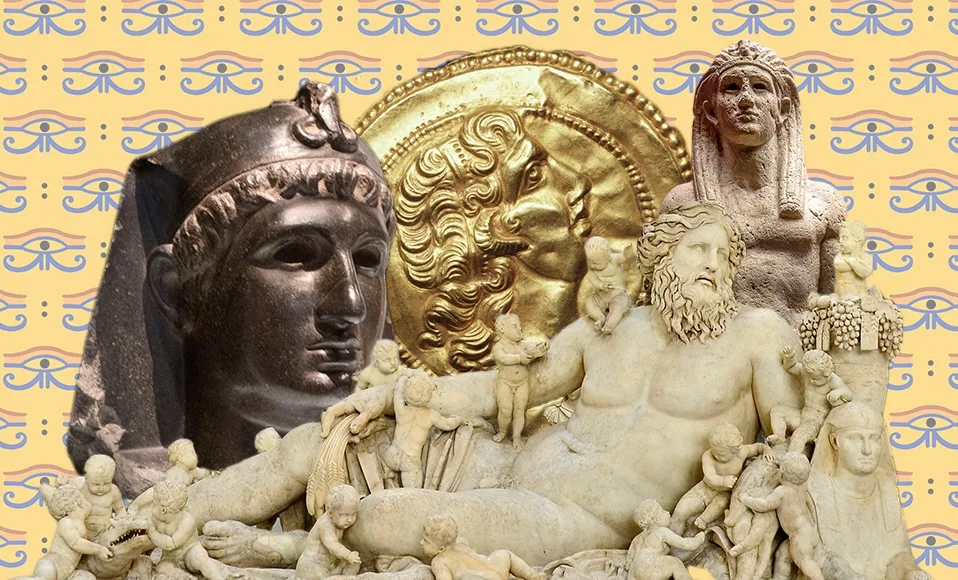
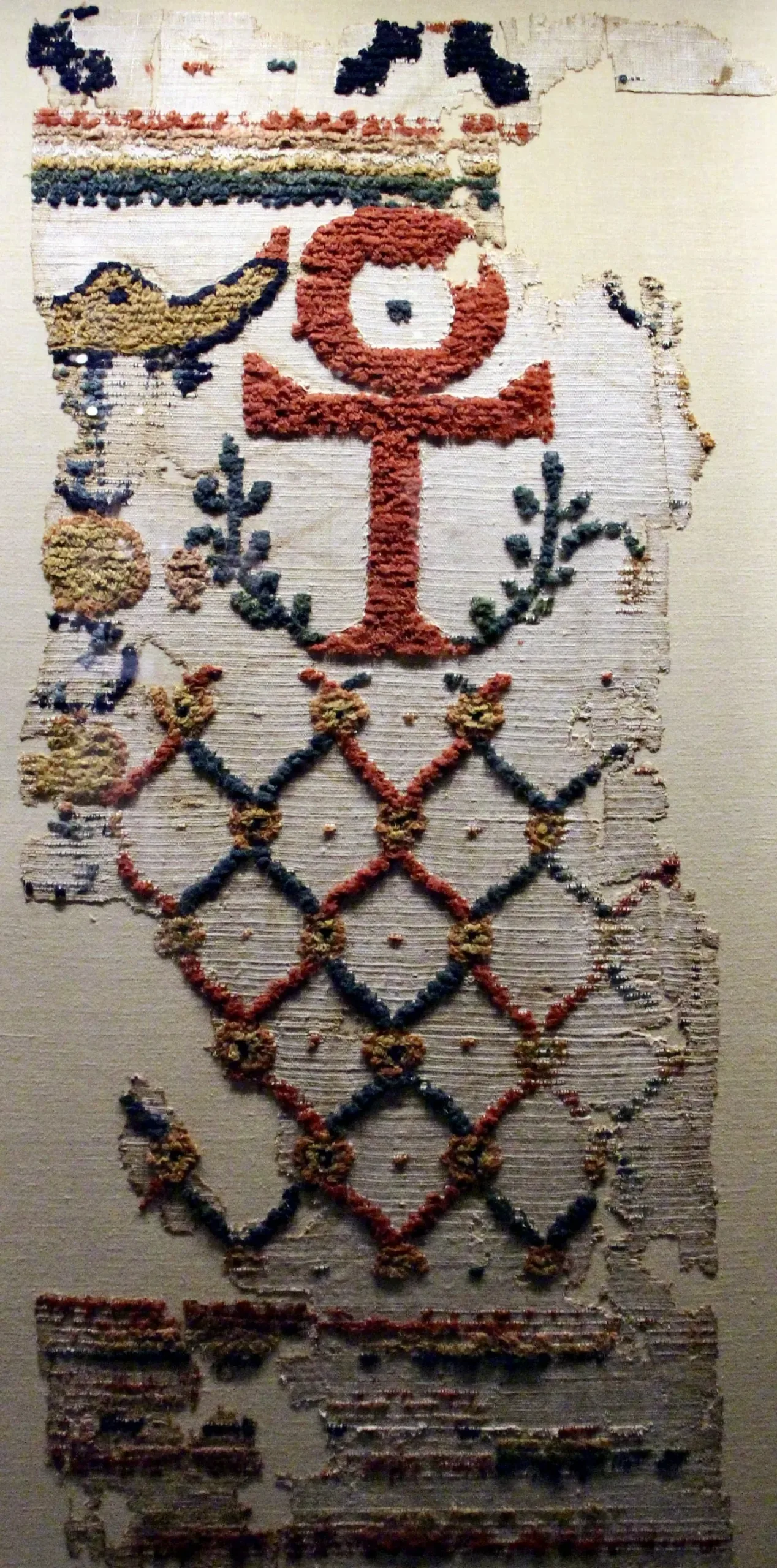
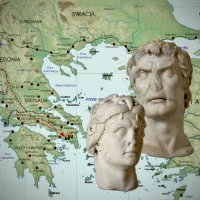
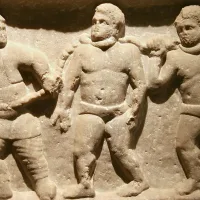
This was a delight to read. You show an impressive grasp on this subject! I specialize about Appliances and you…